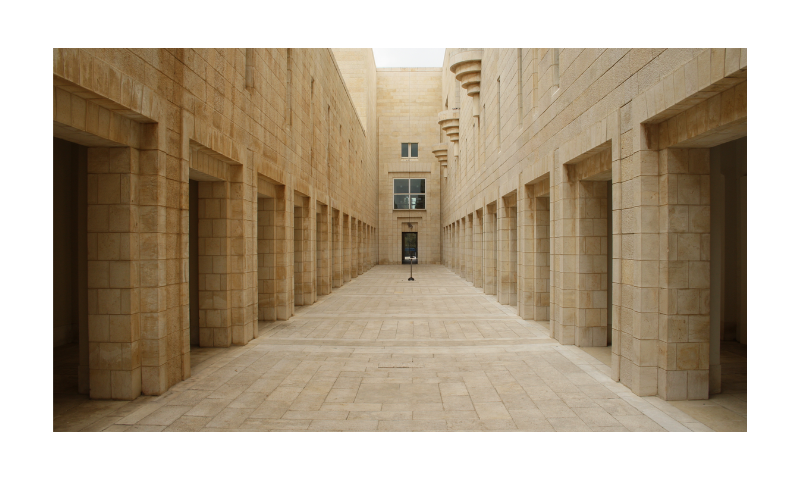Elliot Abrams
Council on Foreign Relations, Mar. 16, 2023
“As courts consider whether to override decisions of elected officials, they must also rely on some standard by which to judge those actions. Where there is a written constitution, it provides the standard.”
Israel’s current—and deeply divisive—debate over changes in the role of its Supreme Court raises questions for every democracy about the proper role of the courts.
In every democracy, governments derive their power from winning elections. From that common point on, differences are profound: What restraints, if any, are placed on pure majority rule, and conversely on judiciaries that restrain the majority’s preferences? What are the checks and balances that guarantee democratic rule but equally protect minority rights?
A few examples will demonstrate that each democracy works differently. In the United States, limits on the power of the majority are extensive and formal (rather than based on tradition or unwritten rules). Power is divided between the federal government and state governments, and in the federal government among the three branches. Rules are set by a written constitution that requires the agreement of three-quarters of the states and two-thirds majorities in both houses of Congress to amend. The president can veto legislation and an override of the veto requires a two-thirds vote in both houses of Congress. The Supreme Court can strike down legislation as unconstitutional, and its ruling is final, but justices are themselves chosen by the political branches: they are nominated by the president and require Senate confirmation.”… [To read the full article, click here]


